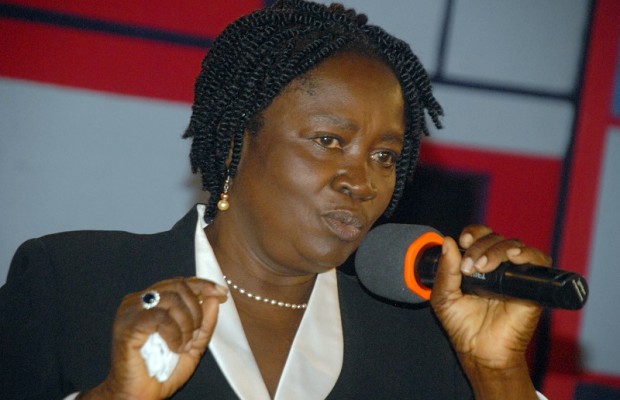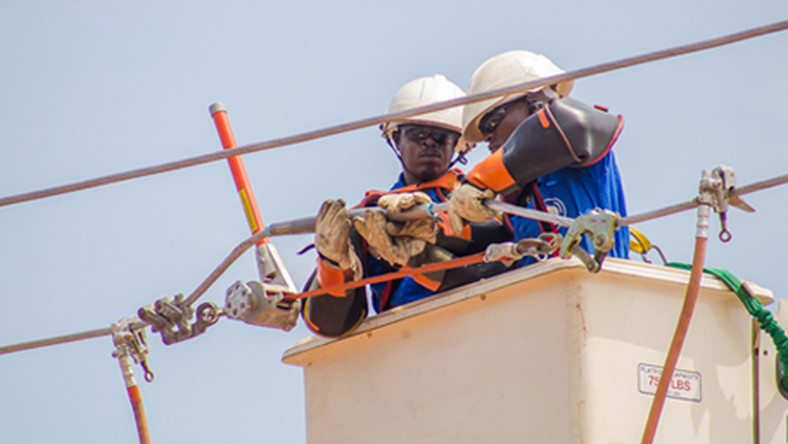Tertiary Students to pay water and electricity bills next semester
- Posted on
- Comment
 Students in public tertiary institutions including universities, polytechnics and colleges of education would have to brace themselves to pay water and electricity (utility bills) next semester.
Students in public tertiary institutions including universities, polytechnics and colleges of education would have to brace themselves to pay water and electricity (utility bills) next semester.
This follows a decision by government to levy them for the water and electricity they consume on campus, under the pretext of a new cost sharing agreement between government, tertiary institutions, staff and students.
Some students are mischievously calling it ‘Ablakwa bills’ because they believe that Samuel Okudzeto Ablakwa, the Deputy Education Minister and a former student leader, is the one pushing those draconian educational policies including the withdrawal of teacher trainees’ allowances.
Government, through the Ministry of Communications, released what it called the UPSA declaration—issued by the National Council for Tertiary Education (NCTE) on behalf of the Ministry of Education and stakeholders—directing that “students on campus should bear the cost of utilities in students’ residential facilities especially as more than 70% of students currently live in private hostels off campus and pay for their utilities; thus, creating an unfair arrangement where Government subsidies benefit only the 30% minority.”
It was purported to have been issued by Sulemana Hakim, President of the Ghana National Union of Polytechnic Students; Prof Jane Naana Opoku-Agyemang, Minister of Education; Prof Otoo Ellis, Chairman, Vice Chancellors, Ghana; Prof N.N. Nsowah Nuamah, President, Committee of Polytechnic Rectors; Rev Elizabeth Amoako, President , Conference of Principals of Colleges of Education; Prosper Dzitse, President , National Union of Ghana Students and Prof Mahama Duwiejua, Executive Secretary, National Council for Tertiary Education.
Even though an effective date for implementation is yet to be announced, tertiary institutions will also be required to pay the cost of utilities supplied to commercialised units such as guest houses, restaurants, printing presses and commercial agricultural products processing units among others. Also, staff occupying residential facilities owned by public tertiary institutions will continue to bear the cost of utilities supplied to those facilities.
On its part, government will bear the cost of utilities supplied to academic (teaching and learning as well as research), health and administrative facilities in public tertiary institutions.
In view of the above, different metering systems are expected to be applied to segregate different users of utilities in tertiary institutions.
The agreement was said to have been reached after a meeting held on March 25, 2015 at the auditorium of the University of Professional Studies (UPSA) in Accra at the instance of the Ministry of Education. Representatives of major stakeholders in tertiary education in Ghana, suppliers of public utilities and allied institutions were said to have attended that meeting.
They were said to have, among other things, discussed strategies for sustainable consumption of utilities in tertiary institutions, crafted innovative alternative means of providing utilities to tertiary institutions and made recommendations to inform government’s policy regarding the utilisation of utilities in tertiary institutions.
By Charles Takyi-Boadu










 (Selorm) |
(Selorm) |  (Nana Kwesi)
(Nana Kwesi)